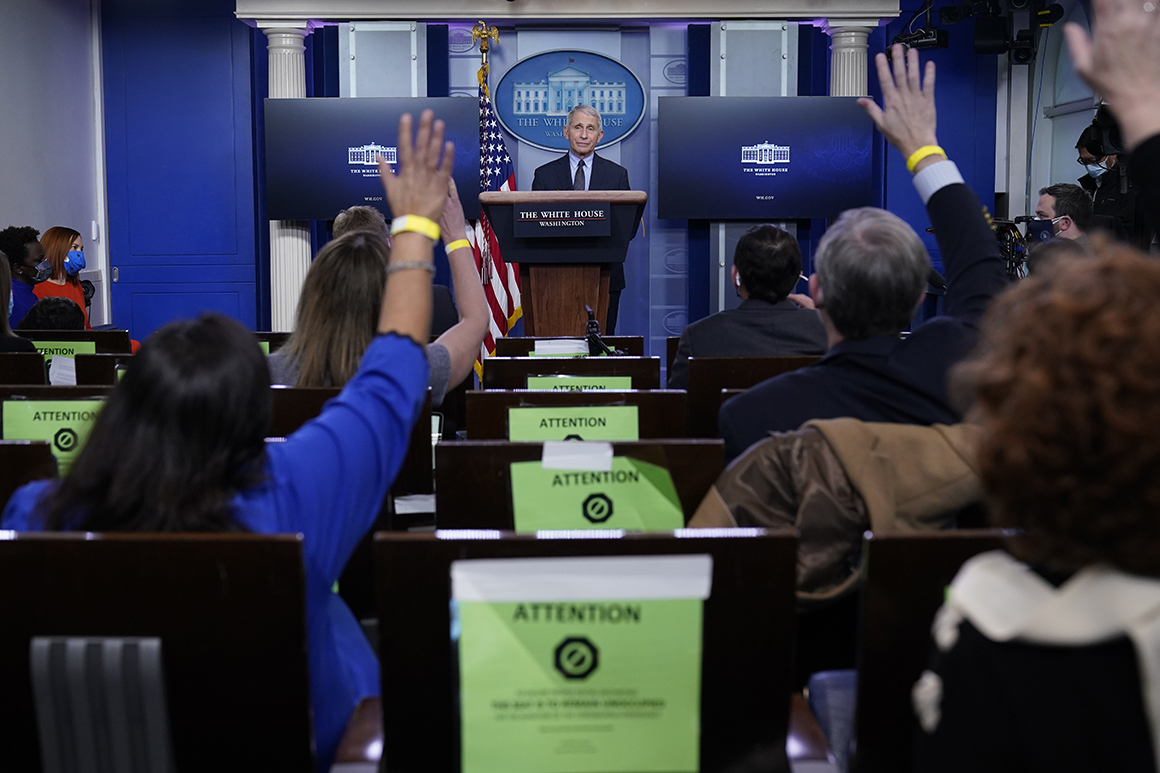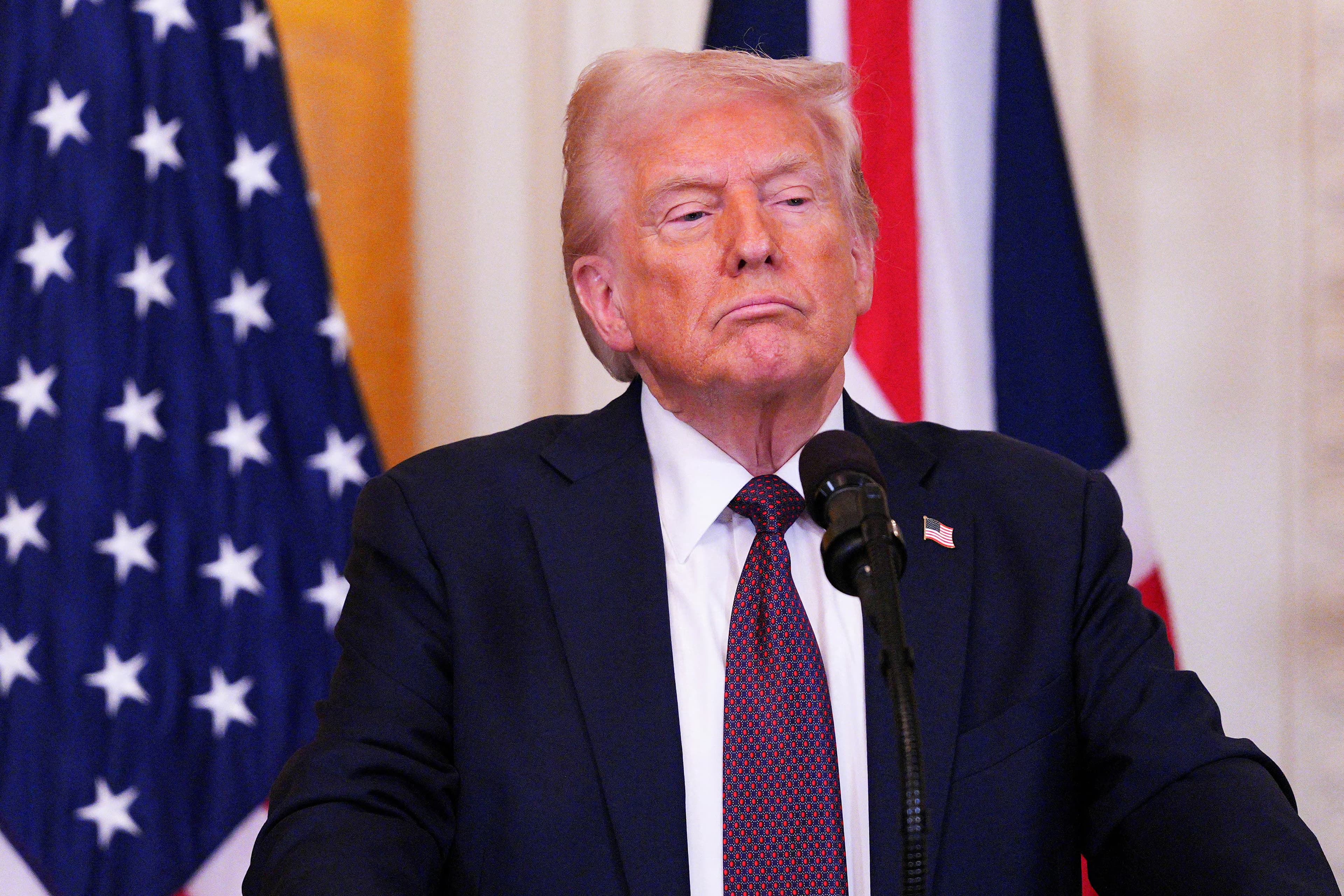Escalating Trade War Puts Environmental Initiatives at Risk
The ongoing trade war between the United States and China has reached alarming levels, with President Trump imposing a staggering 145 percent tariff on Chinese imports. This aggressive economic maneuver, aimed at forcing China into a negotiated settlement, not only jeopardizes economic stability but also threatens critical climate initiatives that require global cooperation.
Nationalism Hinders Collaborative Solutions
As reported by William Hurst and Peter Trubowitz, both nations are currently governed by nationalist coalitions that prioritize domestic agendas over international collaboration. This inward focus makes it increasingly difficult to address pressing global issues like climate change. Instead of working together to combat environmental crises, both countries are retreating into protectionist stances, undermining decades of progress in sustainability.

White House briefing room to return to full, pre-pandemic seati…
Trade Tensions Complicate Environmental Agreements
The implications of this trade conflict extend far beyond economic metrics. According to recent research, U.S.-China relations have soured to the point where mutual distrust clouds potential agreements on climate action. Issues that could unify these two global powers—such as reducing greenhouse gas emissions—are overshadowed by tariffs and trade barriers. This situation raises urgent questions about the future of international environmental cooperation.
Nationalism and Climate Policy Collide
The rise of nationalist sentiments in both countries serves as a significant barrier to effective climate policy. Trump"s economic agenda, which focuses on manufacturing jobs and American industries, often dismisses the global interdependencies that are crucial for addressing climate change. As Xi Jinping"s government promotes a vision of "common prosperity," it too prioritizes national interests over global partnerships that could facilitate environmental reforms.

Did You Know?: The History of the USTR Winder Building ...
Consequences for Global Climate Goals
With both countries locked in a cycle of retaliation, the potential for collaboration on climate initiatives diminishes. The Biden administration"s attempts to pivot to more sustainable practices are stymied by the ongoing trade war, which risks alienating critical allies in the fight against climate change. If U.S. policies continue to focus on tariffs rather than diplomacy, the fallout will be felt far beyond economic borders. According to historical analyses, previous instances of economic isolationism have often led to increased environmental degradation as countries prioritize short-term economic gains over long-term sustainability.
As the geopolitical landscape shifts, the urgent need for a united front against climate change becomes increasingly clear. The continued failure to reconcile economic and environmental priorities could result in catastrophic consequences for both nations and the world. In an era where climate action is paramount, the stakes have never been higher.


![[Video] Heavy clashes and gunfire reported in Baghdad, Iraq](/_next/image?url=%2Fapi%2Fimage%2Fthumbnails%2Fthumbnail-1768342239932-848qsh-thumbnail.jpg&w=3840&q=75)




![[Video] Gunfire between Iraqi security forces and Sadr militias in Baghdad](/_next/image?url=%2Fapi%2Fimage%2Fthumbnails%2Fthumbnail-1768343508874-4redb-thumbnail.jpg&w=3840&q=75)
